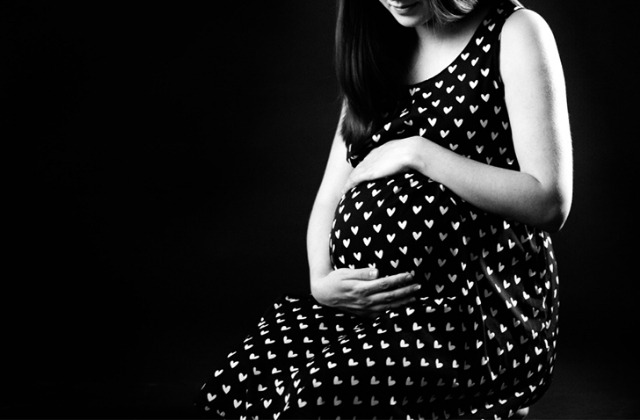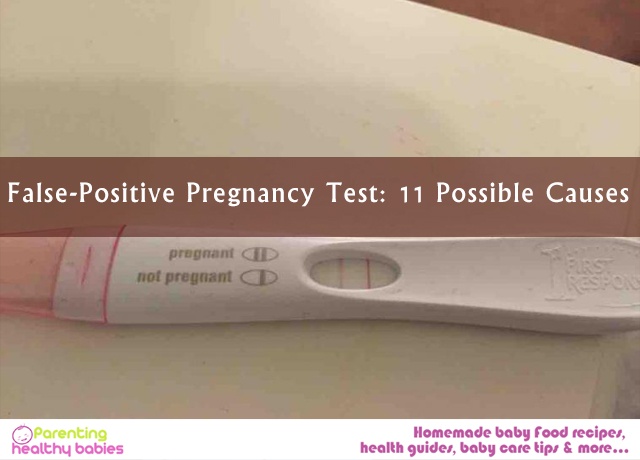Hearing a baby’s heartbeat for the first time is an exciting feeling for new parents-to-be. A fetal heartbeat may be first detected by a vaginal ultrasound as early as 5 ½ to 6 weeks after gestation period. That’s when a fetal pole, which is the first visible sign of a developing embryo, can sometimes be seen.
But between 6 ½ to 7 weeks after gestation period, a heartbeat can be better assessed. That is the time when the doctor may schedule the first abdominal or vaginal ultrasound to check for signs of a healthy, developing pregnancy.
Therefore, the heart rate increases between the 5th week of gestation period and 9th week of gestation period and after the 13th week of gestation period reduces.
In this article:
What to Expect During the First Ultrasound Appointment
Baby’s Heartbeat
Why You Might Not Hear Baby’s Heartbeat
What Devices are Used to Hear Baby’s Heartbeat?
Can Baby’s Heartbeat be Heard with the Human Ear?
Can You Use Apps to Hear Baby’s Heartbeat?
Heartbeat Changes Throughout Pregnancy
Fetal Heartbeat: When Can You Hear Baby’s Heartbeat?
What to Expect During the First Ultrasound Appointment
After a positive pregnancy test, the doctor may recommend scheduling an early pregnancy ultrasound scan around 7 ½ to 8 weeks of pregnancy. Some medical practices don’t schedule the first ultrasound until between 11 and 14 weeks. The doctor may recommend this scan as early as 6 weeks if –
- There is a prior medical condition
- Had a miscarriage
- Had difficulty maintaining a pregnancy in the past
During the first ultrasound appointment, the doctor or ultrasound technician will check for the following –
- Confirm viable pregnancy and check for non-viable molar or ectopic pregnancy
- Confirm baby’s heartbeat
- Measure baby’s crown-to-rump length which can help in determining gestational age
- Assess abnormal gestation
Baby’s Heartbeat
The baby’s heartbeat should be between 90-110 beats per minute (bpm) at 6 to 7 weeks. By the ninth week, the baby’s heartbeat should reach 140-170 bpm.
Why You Might Not Hear Baby’s Heartbeat
During the first ultrasound, there may not be any baby’s heartbeat heard. Most commonly, this is because it’s too early in the pregnancy. This doesn’t necessarily mean there’s a problem. The doctor may recommend to schedule another ultrasound 1 to 2 weeks later.
Other reasons for not hearing the heartbeat include –
- Having a tipped uterus
- Having a large abdomen
- Being less far along than the thought
If no heartbeat is detected, the doctor will check the fetal measurements. The doctor may be concerned if there’s no fetal heartbeat in an embryo with a crown-rump length greater than 5 millimeters.
After week 6, the doctor will also be concerned if there is no gestational sac. The doctor may request a blood test to confirm the pregnancy or request to come back a few days later for another ultrasound.
According to a 1999 longitudinal study of 325 women in the United Kingdom who had a history of miscarriage reported that if a heartbeat is detected at 6 weeks there is a 78 percent chance of the pregnancy continuing. At 8 weeks, there is a 98 percent chance and it goes up to 99.4 percent after 10 weeks.
What Devices are Used to Hear Baby’s Heartbeat?
At the first scan, the doctor or an ultrasound technician will use a transvaginal ultrasound or a 2D or 3D abdominal ultrasound. The transvaginal ultrasound is used during early pregnancy to get a clear image of an embryo. A 3D ultrasound allows the doctor to better see the width, height and depth of the fetus and the organs.
Can Baby’s Heartbeat be Heard with the Human Ear?
Detecting a fetal heartbeat is very difficult, if possible, for the human ear. But some expecting mothers claim they can hear their baby’s heartbeat through the belly. This may be possible in a quiet and silent room likely late during the second or third trimester.
Don’t be concerned if you can’t hear the baby’s heartbeat at home. If worried about the baby’s heartbeat, the safest option is to reach out the doctor. They can schedule a sonogram to reassure that the baby’s heartbeat is normal.
Can You Use Apps to Hear Baby’s Heartbeat?
There are now hundreds of apps and devices marketed to expectant parents where the baby’s heartbeat at home can be listened. But the doctor may warm against using an at-home device. The quality of these apps and devices varies greatly. They may give an inaccurate heartbeat reading and cause unnecessary concern or panic.
Talk to the doctor and ask if they recommend an at-home device and can tell if it’s safe to use during the pregnancy.
Heartbeat Changes Throughout Pregnancy
Throughout the pregnancy, the baby’s heart will continue to develop. A fetal heartbeat starts between 90 and 110 bpm during the first weeks of pregnancy. It will increase and peak at around weeks 9 to 10 between 140 and 170 bpm.
After that, a normal fetal heartbeat is found between 110 and 160 bpm in the second and third trimester. Keep in mind, the baby’s heartbeat can vary throughout pregnancy and at each prenatal appointment.
The doctor may be concerned if the baby’s heartbeat is too slow, too fast, or is irregular. If so, there’s a rare chance the baby could have a heart condition. That’s why the doctor will monitor the baby’s heartbeat at every appointment.
If the doctor has any concerns about the development of the baby’s heart, they may schedule a fetal echocardiogram to further examine the baby’s heart.
Conclusion
The doctor will monitor the baby’s heartbeat at each prenatal appointment. The baby’s heartbeat can be heard for the first time as early as 6 weeks. If concerned about the baby’s heartbeat, talk to the doctor.
References
- https://www.healthline.com/health/pregnancy/when-can-you-hear-babys-heartbeat#takeaway
- https://www.ncbi.nlm.nih.gov/pmc/articles/PMC3279166/













